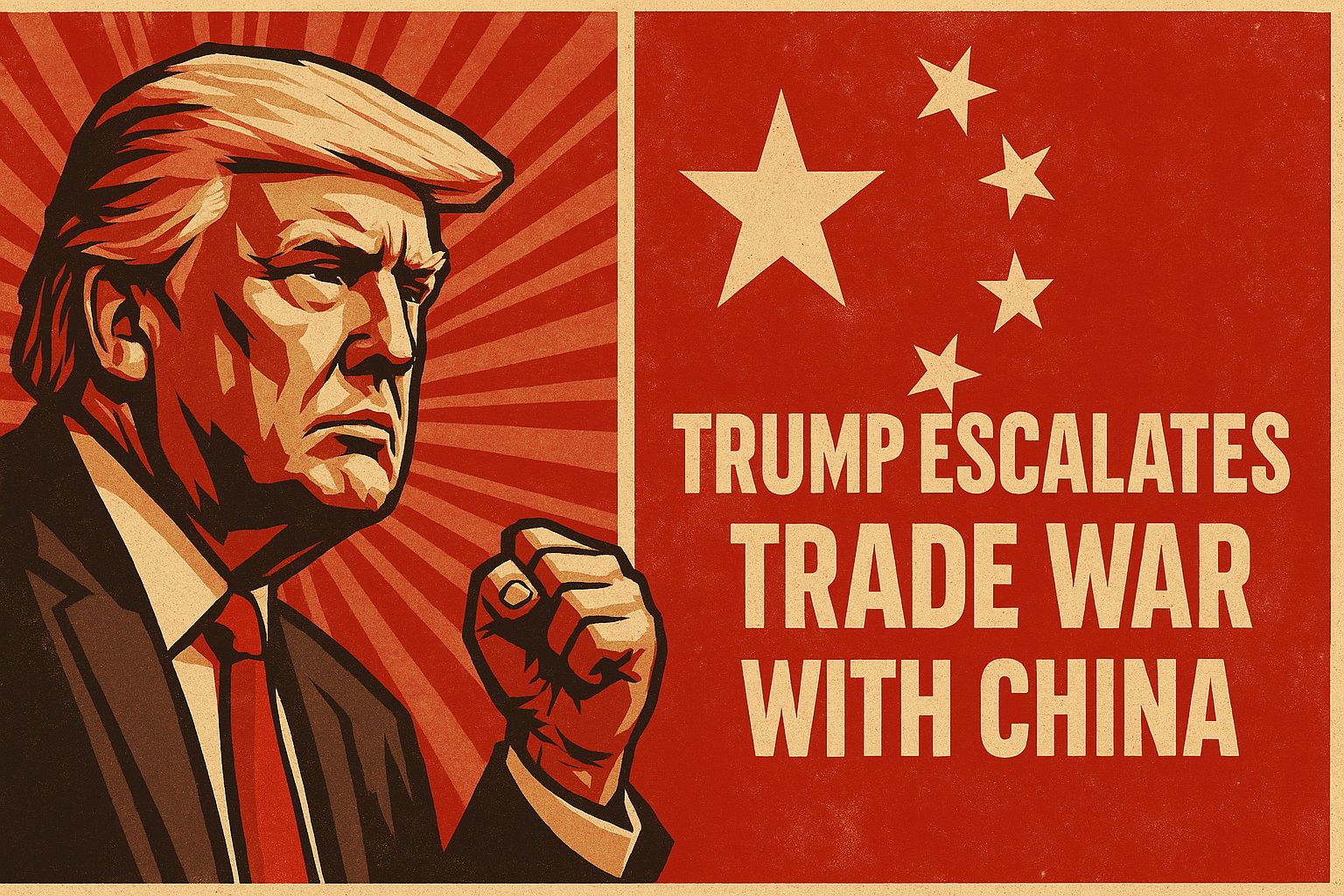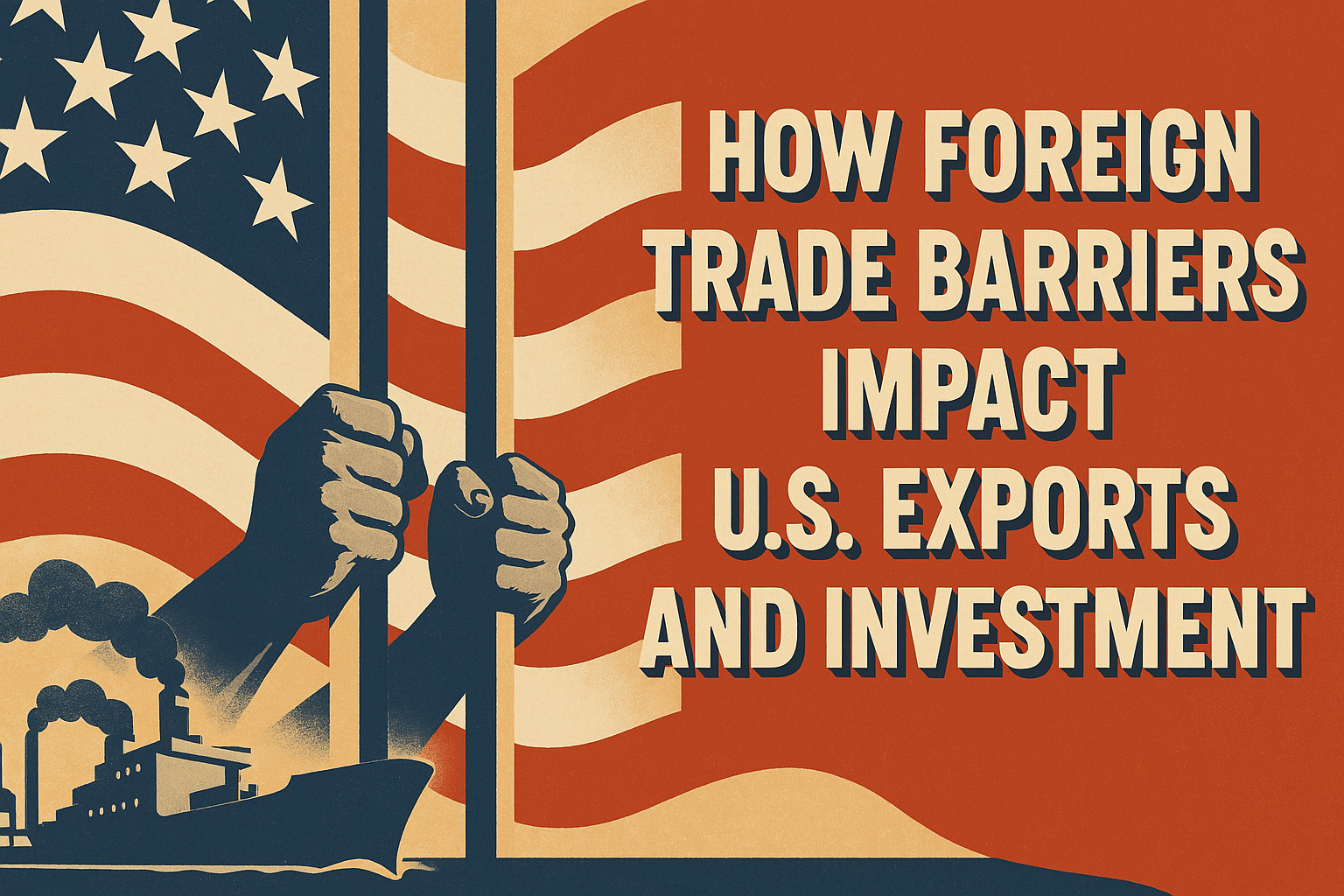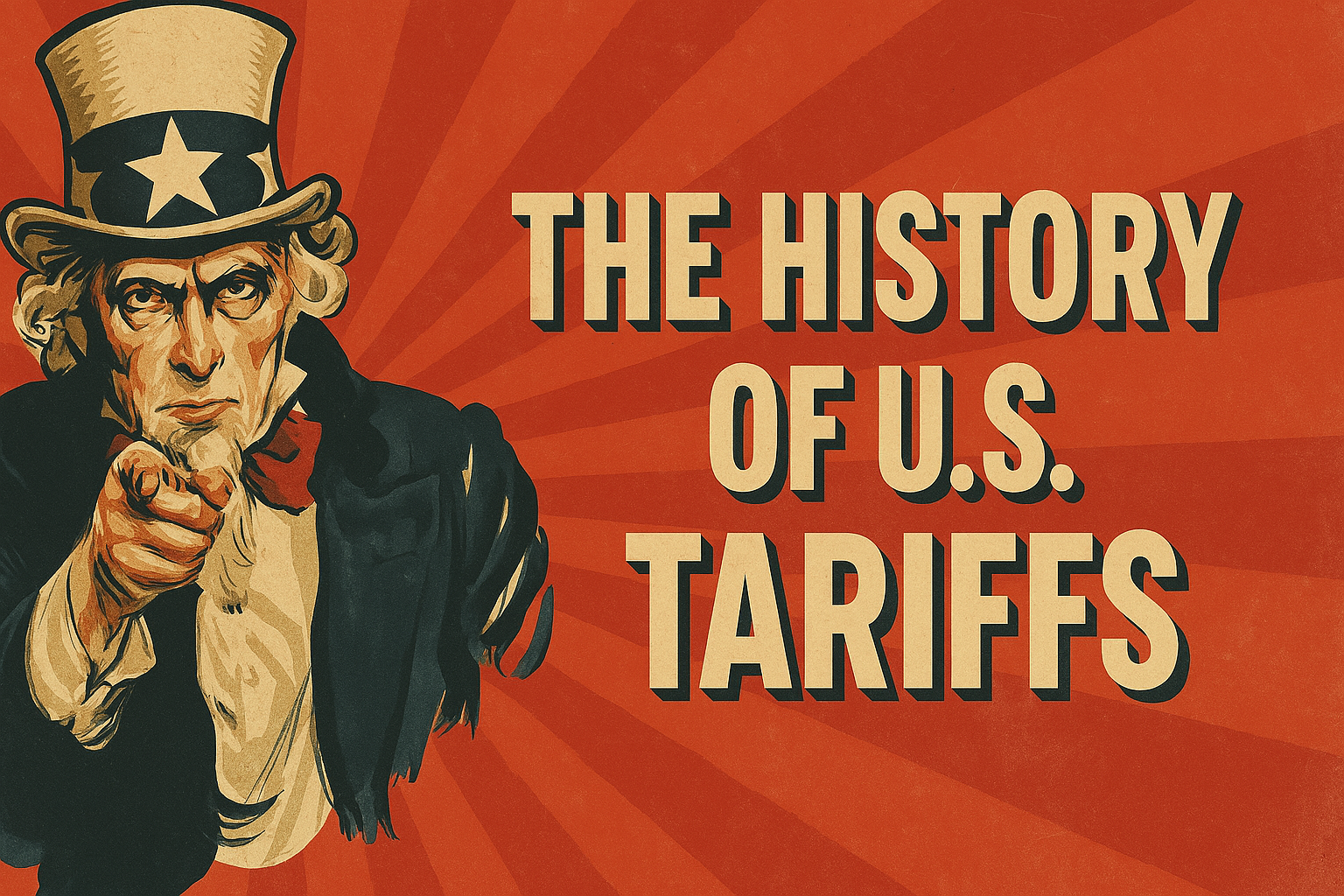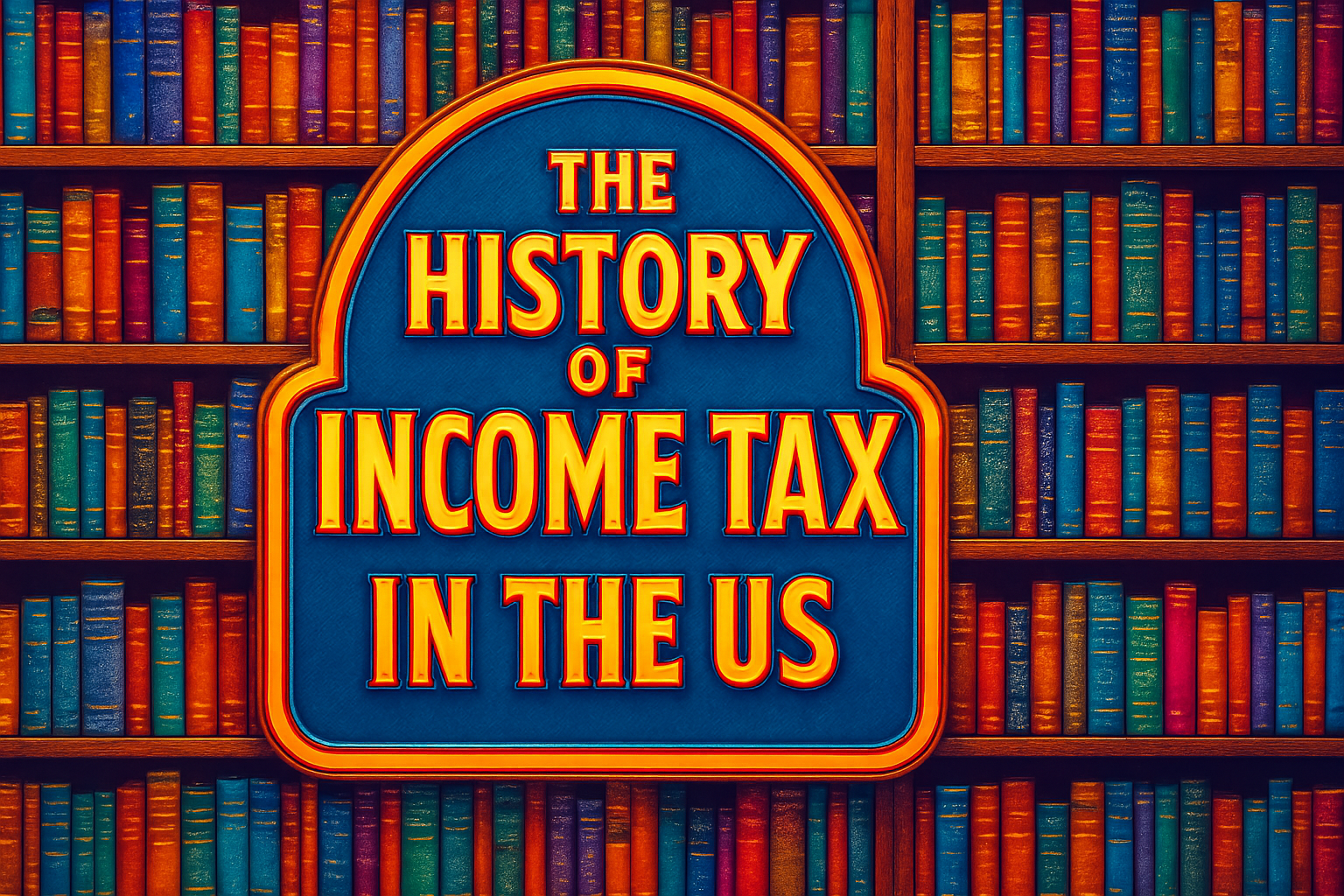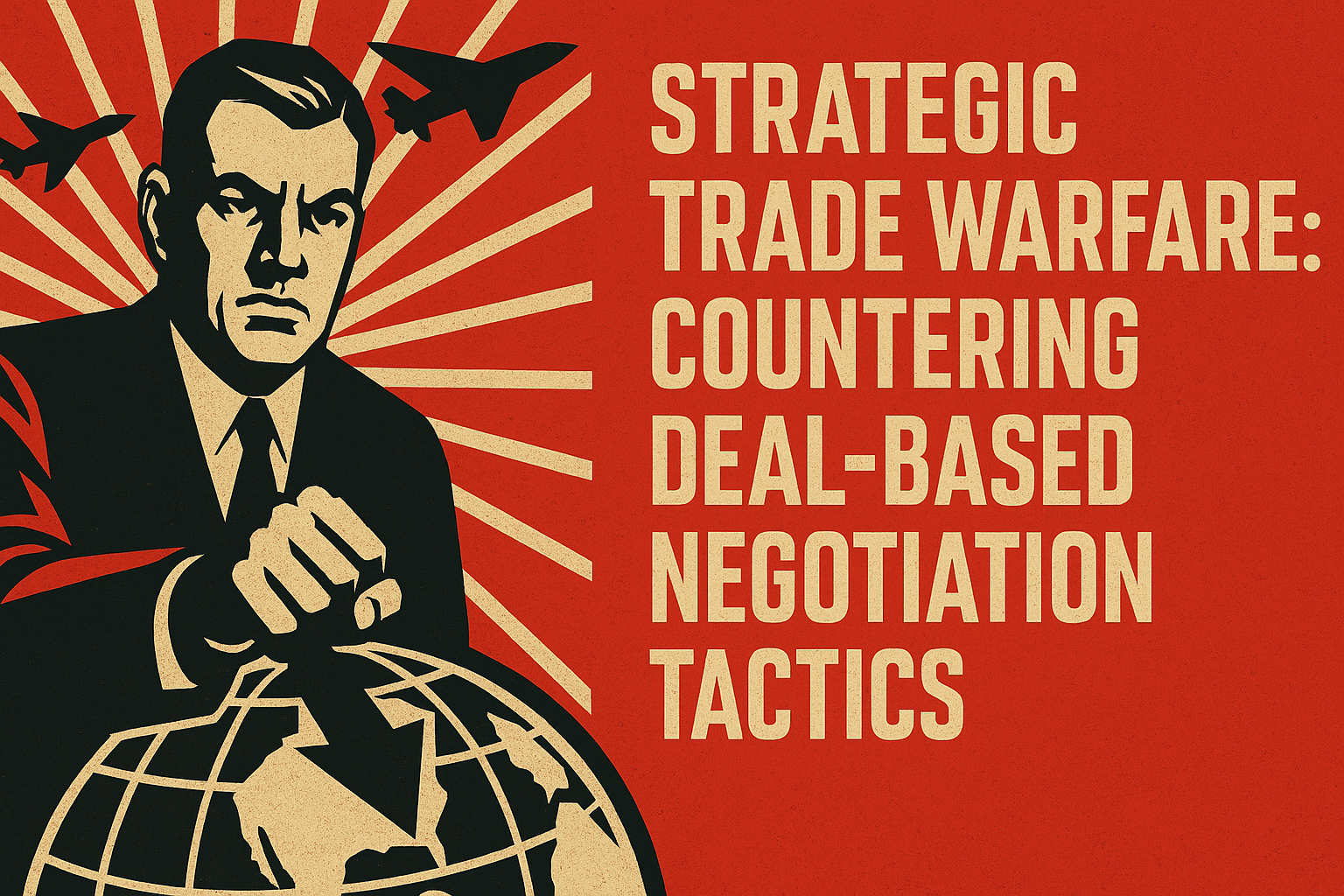Economic paradoxes represent fascinating contradictions where seemingly rational individual decisions lead to unexpected or counterintuitive outcomes at the collective level. These paradoxes challenge conventional wisdom and highlight the complex nature of economic systems. They often emerge from the disconnect between microeconomic behaviors and macroeconomic results, revealing how the economy functions in ways that can surprise even seasoned economists.
Trade War
This category includes all articles published on the website in chronological order, encompassing the full scope of content across the platform. It features coverage of economic conflicts between nations, including the use of tariffs, sanctions, export controls, and other trade-related measures. Articles span foundational concepts, briefings, reviews, and in-depth analysis, providing a comprehensive view of global trade tensions and their broader economic impact.
Book Review of Exxoneration by Richard Rohmer
Exxoneration is Richard Rohmer’s 1974 follow-up to Ultimatum. While the earlier novel focused on the political standoff between the United States and Canada over access to Arctic natural gas reserves, the sequel expands the conflict into a broader examination of occupation, control, and national response. The United States has acted on its threat and has effectively taken over Canada, establishing control under the justification of energy security and hemispheric stability.
Book Review of Ultimatum by Richard Rohmer
Ultimatum by Richard Rohmer, published in 1973, presents a geopolitical scenario centered on energy dependency, national sovereignty, and the tensions between neighboring countries with uneven power. Set against the backdrop of an acute energy crisis in the United States, the story follows how the American government pressures Canada to provide unfettered access to its vast Arctic natural gas reserves. The Canadian government must respond to a demand that places its national independence in direct conflict with its powerful neighbor’s strategic needs.
Book Review: We Stand on Guard by Brian K. Vaughan and Steve Skroce
We Stand on Guard is a speculative fiction graphic novel written by Brian K. Vaughan and illustrated by Steve Skroce. Set in a dystopian near future, the story imagines a scenario in which the United States invades Canada, triggering a war that leaves the northern nation in ruins and its citizens resisting through guerilla tactics. Published by Image Comics in 2015 as a six-issue limited series and later compiled into a single volume, the graphic novel fuses military science fiction with political commentary and strong visual storytelling.
How China Might Respond to a 104% U.S. Tariff on Chinese Imports
A 104% tariff imposed by the United States on all Chinese imports would represent an unprecedented escalation in bilateral economic tensions. It would mark a significant departure from conventional trade policy into a realm that could be interpreted by China not only as an act of economic coercion but potentially as part of a broader geopolitical containment strategy. China’s responses to such a move would be multifaceted, blending economic, legal, diplomatic, and military tools in order to protect its national interests, ensure internal stability, and maintain global standing.
Global Currency Shifts: Is the U.S. Dollar Losing Its Grip?
The U.S. dollar has been the cornerstone of the global financial system since the 1944 Bretton Woods Agreement established it as the world’s primary reserve currency. This status has made it the most widely held currency by central banks and governments, relied upon for international trade, investments, and as a refuge during economic turbulence. As of April 7, 2025, the dollar remains dominant, but emerging trends suggest its preeminence may be waning, prompting questions about whether it’s losing its grip.
How Foreign Trade Barriers Impact U.S. Exports and Investment: An Overview Based on the 2025 National Trade Estimate Report
The 2025 National Trade Estimate Report on Foreign Trade Barriers (NTE Report), prepared by the Office of the United States Trade Representative (USTR), is an annual survey that documents foreign government-imposed trade barriers significantly affecting U.S. exports, foreign direct investment, and digital commerce. As the 40th installment in the series, this report builds upon previous assessments to provide a detailed inventory of governmental laws, policies, and practices that distort market access or competition.
The History of Tariffs in the United States
Tariffs have played a central role in shaping U.S. economic and political policy since the country’s founding. They’ve been used to generate revenue, protect domestic industries, retaliate against foreign competitors, and steer the country’s trade relationships. From early protectionist policies to modern debates over globalization, tariffs reflect shifting economic philosophies and political pressures.
The History of Income Tax in the United States
The story of income tax in the United States reflects a changing relationship between government and citizen, shaped by war, economic development, political movements, and public needs. What began as a temporary wartime measure has become a permanent feature of the American fiscal system, influencing how the federal government funds its operations and shapes its policies.
Strategic Trade Warfare: Countering Deal-Based Negotiation Tactics
Trade wars often unfold not just through tariffs and sanctions, but also through the negotiation philosophies that drive them. When a country shapes its trade war strategy around the ideas in The Art of the Deal, the negotiation landscape becomes highly transactional, media-driven, and anchored in brinkmanship. This article outlines how to respond effectively to such a strategy using a structured, multi-pronged approach that emphasizes resilience, alliances, and precision.





